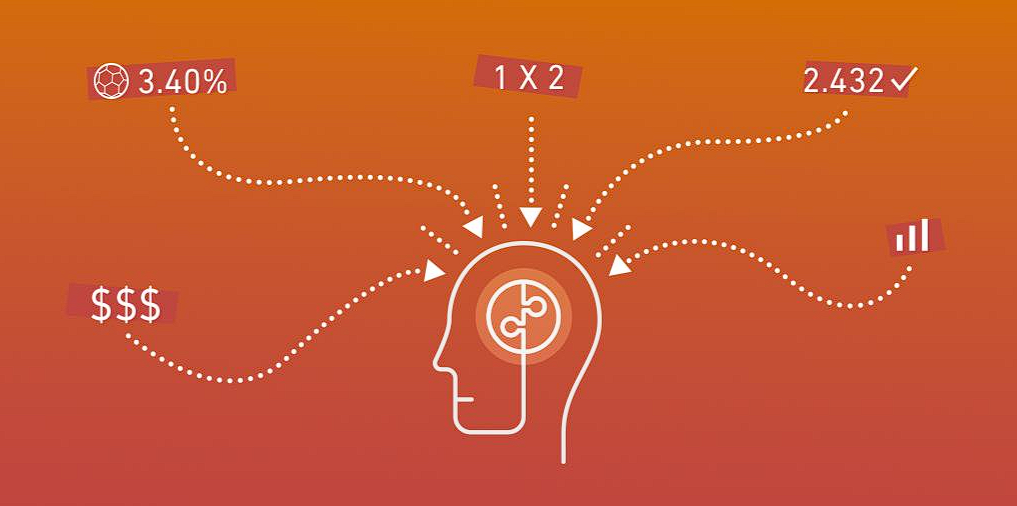
Betting has long been a popular pastime worldwide, including in Tanzania, where sports and casino gambling attract many enthusiastic participants. Understanding the psychology behind betting is crucial for bettors to navigate the complex interplay of risk and reward. This article delves into the psychological aspects of betting, exploring how emotions and cognitive biases influence decision-making and betting behavior.
The Nature of Risk and Reward in Betting
What is Risk?
In the context of betting, risk refers to the possibility of losing money or investment. Bettors must assess the likelihood of various outcomes when placing their wagers. Key aspects of risk include:
- Probability of Winning: Understanding the odds associated with a particular bet.
- Stakes Involved: The amount of money one is willing to risk.
- Potential Losses: The financial impact of a loss and how it affects overall finances.
Understanding Reward
Reward, on the other hand, represents the potential gain from a successful bet. The allure of reward often drives individuals to gamble. Important factors to consider include:
- Payout Amount: The monetary reward associated with winning a bet.
- Emotional Satisfaction: The joy and excitement derived from winning, which can reinforce future betting behavior.
- Social Recognition: Success in betting can enhance one’s status among peers.
Psychological Factors Influencing Betting Behavior
1. The Role of Emotions
Emotions play a significant role in betting decisions. Bettors often experience a wide range of emotions, including:
- Excitement: The thrill of placing bets can create a rush that motivates further wagering.
- Anxiety: The fear of losing can lead to poor decision-making and impulsive choices.
- Overconfidence: A history of winning can result in overconfidence, leading bettors to take unnecessary risks.
2. Cognitive Biases
Cognitive biases can skew a bettor’s perception of risk and reward. Common biases include:
- Confirmation Bias: Bettors may only seek information that reinforces their existing beliefs, ignoring contradictory evidence.
- Gambler’s Fallacy: The belief that past outcomes influence future results, leading individuals to make irrational bets.
- Loss Aversion: The tendency to prefer avoiding losses over acquiring equivalent gains, which can result in overly cautious betting strategies.
3. The Influence of Social Factors
The social environment can impact betting behavior, with friends and peer groups influencing individual choices. Factors include:
- Social Pressure: The desire to fit in with peers may lead to increased betting activity or pursuing riskier bets.
- Group Dynamics: Sharing wins within a group can amplify the excitement and motivate others to participate in betting.

Developing a Healthy Betting Mindset
To achieve a balanced approach to betting, it is essential to cultivate a healthy mindset. Here are some strategies for bettors in Tanzania:
1. Set Clear Limits
Establishing clear financial limits can help control spending and manage risks. Bettors should:
- Determine a Budget: Decide how much money to allocate to betting activities each month.
- Stick to the Plan: Avoid exceeding the set budget, regardless of wins or losses.
2. Educate Yourself
Knowledge is power in the world of betting. Bettors should invest time in:
- Understanding Odds: Learn how to read and interpret betting odds effectively.
- Researching Teams and Players: Gathering information about the sports or games can lead to informed decisions and better outcomes.
3. Reflect on Your Betting Behavior
Regularly assessing your betting habits can foster self-awareness. Consider:
- Keeping a Betting Journal: Document your bets, including outcomes, emotions, and thought processes.
- Analyzing Results: Periodically review your wins and losses to identify patterns and areas for improvement.
4. Seek Support When Needed
If betting becomes overwhelming or negatively impacts personal life, seeking help from professionals or support groups can be beneficial.
Conclusion
Understanding the psychology of betting is essential for anyone looking to engage in this exciting activity. By recognizing the influence of risk and reward, emotions, cognitive biases, and social factors, bettors can make more informed decisions and develop healthier betting habits. Adopting strategies to manage risks and reflect on betting behavior can lead to a more enjoyable and potentially profitable betting experience in Tanzania.





